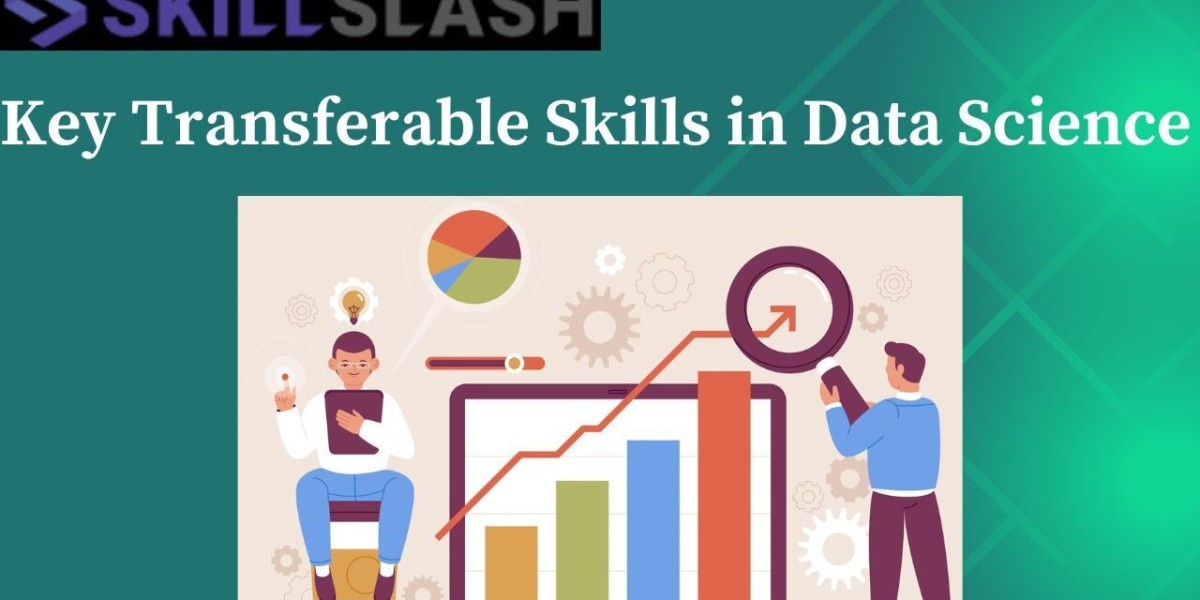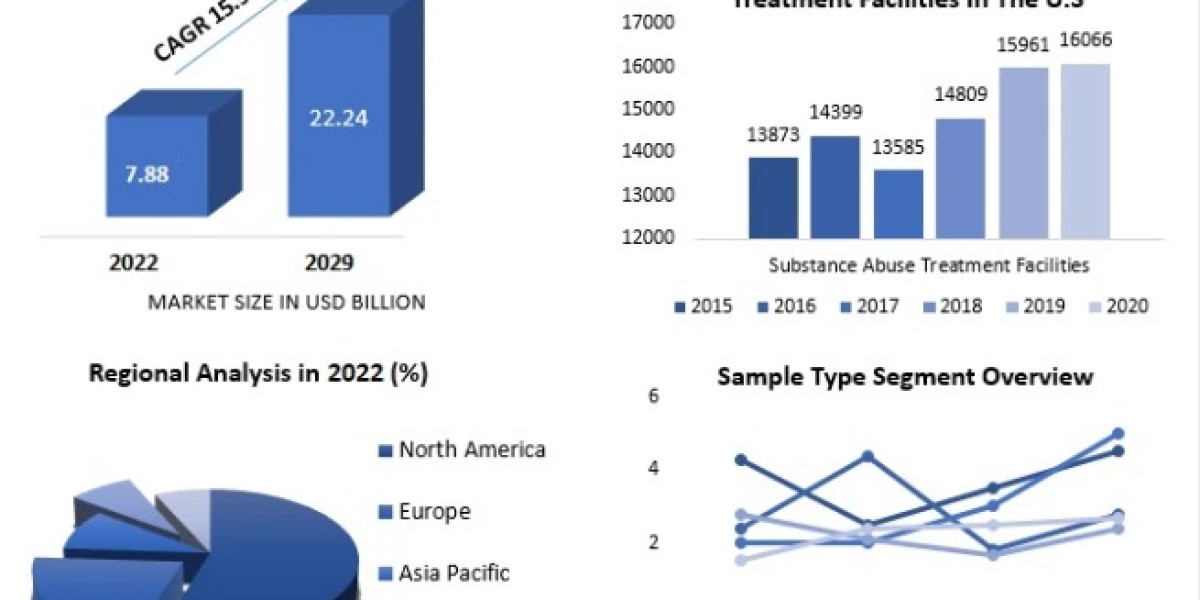In today’s data-driven society, the need for data scientists is increasing day by day. Data scientists are responsible for extracting valuable information from large data sets, informed decisions, and solving complex issues across multiple industries. Becoming a data scientist typically involves learning a set of technical skills. However, it’s also important to understand the importance of transferable skills. These transferable skills can help you become a more effective and versatile data scientist.
In this article, we cover some of the key important transferable skills in data science: -
So, what are the Transferable Data Science Skills ?
Data scientists have a range of transferable skills that they can use in a variety of data-related roles and situations. These skills aren’t tied to any particular technology or tools, but rather are based on fundamental qualities that make them better data scientists. These skills help data scientists tackle data-related issues with a holistic and flexible approach, making them better able to get important insights, communicate findings clearly, and stay ahead of the curve when it comes to data science.
These transferable skills include,
Critical Thinking and Problem-Solving:
Critical thinking is the capacity to evaluate data in an objective manner and make informed decisions. It is a fundamental skill in data science, as it enables the formation of hypotheses, the identification of patterns, and the development of creative solutions to intricate problems. Critical thinking is essential for successful data analysis, as it allows for the identification of data-related problems, the selection of appropriate methods, and the emergence of novel approaches to obtaining insights.
Domain Knowledge:
Domain knowledge is a set of skills and knowledge related to a particular industry or field that can be used to gain a better understanding of the data being analyzed and to accurately interpret the results. This knowledge can be used to ask pertinent questions, identify pertinent metrics, and effectively communicate insights to those who may not possess technical expertise.
Communication Skills:
Communication is essential for conveying comprehensive, data-driven information to non-technical individuals. This includes both verbal and written communication, as well as data visualization and narrative. By providing clear and convincing communication, it is possible to ensure that the findings are comprehensible
Data Visualization:
Data visualization involves creating graphical representations of data to help convey insights and trends. It includes charts, graphs, dashboards, and infographics.
Well-designed visualizations make complex data more accessible and understandable, aiding in decision-making and communication.
Statistical Literacy:
Statistical literacy involves understanding key statistical concepts, such as probability, hypothesis testing, and regression analysis. It's fundamental for conducting robust data analysis. A solid grasp of statistics allows you to choose the right statistical tests, interpret results accurately, and make data-driven recommendations with confidence.
Programming and Coding Skills:
Proficiency in programming languages like Python and R is essential for data manipulation, analysis, and machine learning.Coding skills enable you to clean and preprocess data, implement algorithms, and automate repetitive tasks, increasing your efficiency as a data scientist.
Data Ethics:
Data ethics involves understanding the ethical implications of working with data, including issues related to privacy, bias, and transparency. Adhering to ethical principles is essential for responsible data science and maintaining trust in your data-driven insights.
Time Management and Project Management:
Data science projects often involve multiple tasks, deadlines, and stakeholders. Effective time and project management are vital for keeping projects on track. These skills help you plan, prioritize, and execute data science projects efficiently, ensuring that you meet objectives and deliver results in a timely manner.
Collaboration and Teamwork:
Data science projects are often collaborative efforts that require effective teamwork and the ability to work with cross-functional teams.Collaboration skills help you leverage diverse expertise, share knowledge, and achieve collective goals in data science projects.
Adaptability and Continuous Learning:
Data science is a rapidly evolving field. The ability to adapt to new tools, technologies, and methodologies is crucial for staying relevant. Embracing lifelong learning ensures that you can tackle emerging challenges and seize new opportunities in data science.
Business Acumen:
Understanding the business context of your data analysis is essential for aligning your work with organizational goals and objectives.Business acumen helps you identify opportunities for data-driven improvements and demonstrate the impact of your work on the bottom line.
Resilience and Problem Persistence:
Data science projects can be challenging, and setbacks are common. Resilience involves the ability to bounce back from failures and persist in solving complex problems.Resilience helps you overcome obstacles, learn from mistakes, and ultimately achieve more robust and meaningful insights.
Conclusion,
As you embark on your data science journey, remember that while technical skills are crucial, transferable skills play an equally important role in your success. These skills enhance your ability to navigate the complex world of data, communicate your findings effectively, and make a meaningful impact on your organization or industry. By continuously developing and honing these transferable data science skills, you'll not only become a more versatile data scientist but also a more valuable asset to any data-driven team or project.



